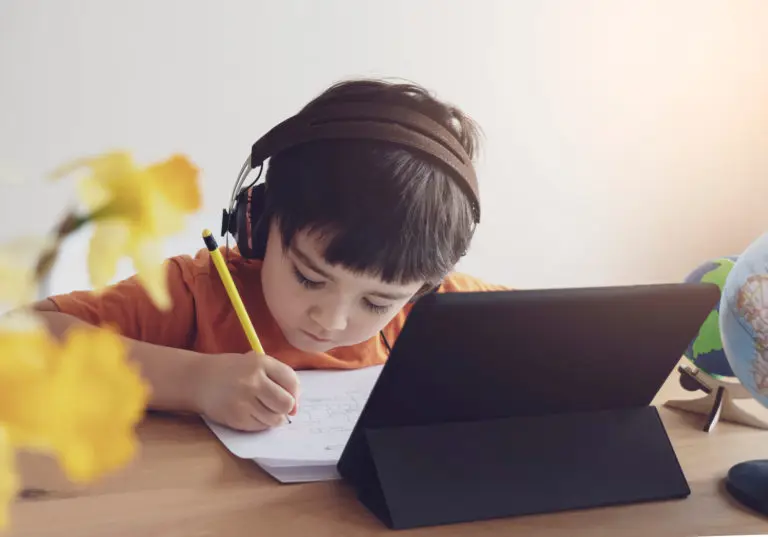The run up to Christmas break is what is often described as ‘silly season’ every year- everyone is tired, grumpy, resigned to a long, dark, damp winter. Staff bicker, parents complain and everyone’s sick.
Then there is the run up to Christmas in the year 2020.
The combined experience of chairing a trust with schools in Greenwich, Bexley, Kent and Medway, and working closely with schools and trusts across the country, means I know exactly what impact 2020 has had on education and how heroic the work of so many support staff, teachers and leaders has been. I don’t just know the stress they’ve been under, I’ve been embedded throughout the entire experience with them.
I could focus this blog on any number of topics. How to decide?
- Schools never closed: from remote provision, to on-site provision for vulnerable children, children of key workers and those who really needed it. Teachers and leaders worked harder and longer this year than ever before – without a break, not at weekends, half terms, summer, lockdown – as much as I want them to all switch off at Christmas, I know how many will still be doing their level best because that’s how educators are.
- The scale of the safeguarding and pastoral work this year: delivering meals; performing safe and well checks from doorsteps; supporting with anxiety and bereavement; sitting socially distanced in car parks comforting desperate sobbing parents of children with complex needs who had nowhere else to turn for support in lockdown.
- Remote learning has not been easy to devise. There is nothing simple about it. For any number of reasons, not least the digital divide, it was not feasible for many schools to offer live remote lessons. But that didn’t mean the teachers weren’t working their tails off.
- Schools have become an incredibly effective track and trace body, which requires a huge amount of work and resource.
- Throughout this, staff put themselves on the front lines. They were on the ground when relatively little was known about the virus. They put themselves at risk. They did it to help their pupils have any sense of normalcy. They will be there in January and beyond.
Leaders managed all of this, anxieties of pupils, staff and parents, as well as their own, 24/7. If you’re in charge, the burdens of leadership were never heavier than this year. It’s all on you.
Let’s not forget what was placed on the shoulders of my fellow volunteer governors and trustees, especially chairs. We bore it with vigour, resolve and determination. We wrestled with impossible decisions, the reality of the challenges on the ground and we knew exactly what was at stake. We did what had to be done to keep our pupils, staff and communities as safe as possible. We supported leaders through very dark days and we did it even when we had nothing left to give, and on top of our day jobs, families and other commitments.
Just when we thought the Christmas break was in sight, when maybe it could all just simmer rather than boil for a bit, we were faced with more.
School leaders, already struggling with the health and safety complexities of self-isolations, staffing shortages, attendance, bubble closures, etc, knew what the last week of term might entail. Parents, pupils and staff would be worrying about self-isolations over Christmas and instead might stay home as a precaution. And of course, loosened restrictions likely mean increased cases just as school returns in January.
A pragmatic approach could have been remote learning- give the country the Christmas break it needs and still teach on those last few days, with vulnerable and key worker provision on site. It was difficult to reconcile the idea of filling classrooms on those few days, with the profound mental health risk of potentially then spending Christmas day in self-isolation.
When some schools, trusts and councils made that call for their communities, they found themselves between a rock and a hard place. That was just the first half of the week. In the second half, secondary schools discovered they should plan to become COVID-19 testing centres and move their students to remote learning for the first week of January while they sort out testing logistics.
So this is where we’re at as we go into the Christmas break. If you’re in education, you’re tired and worn down, and you know January will bring yet more new challenges.
I can remind school leaders and staff of the important difference between resilience and self-care (as I try to remind myself), or how it’s okay to ask for help if you need it, or delegate. I can keep reminding you of how truly heroic you’ve all been.
But what I really want to focus on is something truly special about education that people wouldn’t know unless they’re immersed in it. It’s just how supportive colleagues are of each other. Education has the best people and the best people to lean on if you need them, even if they are shattered themselves. We’re all just doing our best, together.
A tremendous thank you to all the teachers, staff and leaders whose inspired efforts have made all the difference. And a personal thank you to those who have supported me when I needed it. You know who you are. Rest. And then let’s solve 2021 together.





